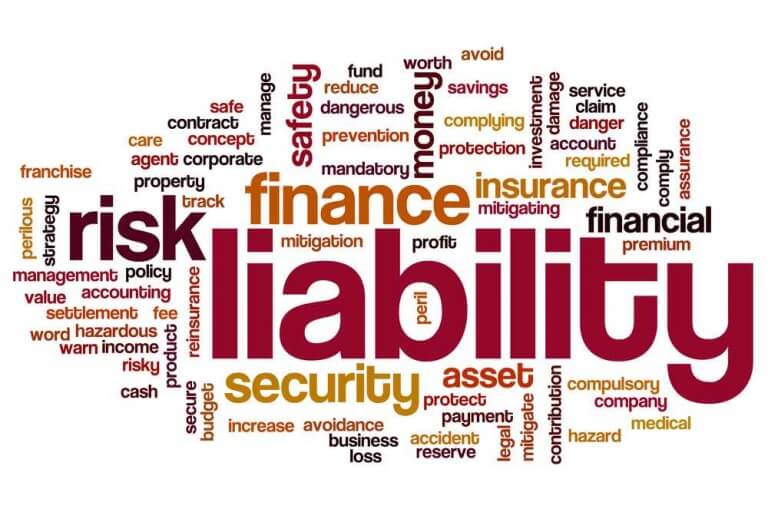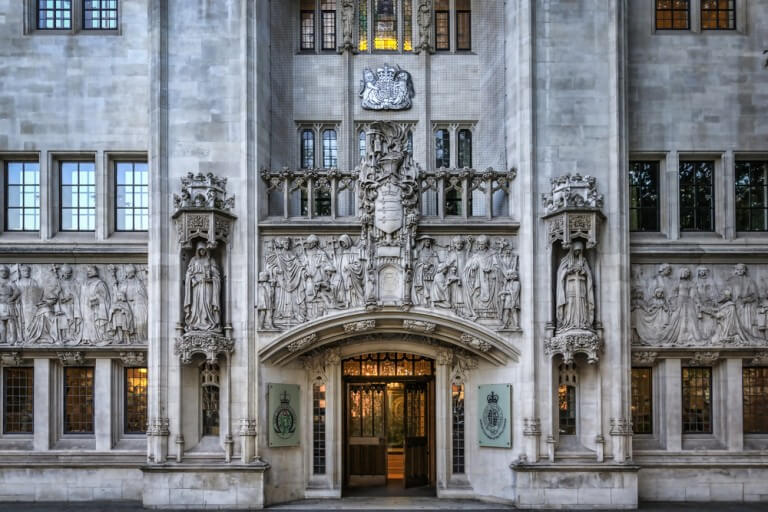LLPs must keep a register of people with significant control

From 6 April 2016 every LLP registered in England and Wales must keep a Register of People with Significant Control (PSC). Failure to do so or to comply with the other requirements of the regulations will be a criminal offence.
The significant control information will have to be filed at Companies House annually, and the register must be kept available for public inspection at the LLP’s registered office.
Information in the LLP’s register concerning a PSC must be retained for at least ten years from the date that person ceases to be a PSC.
A new section 2(2)(g) of the Limited Liability Partnerships Act 2000 will require the filing at Companies House of a statement of initial control on the incorporation of an LLP.
Every LLP will be obliged to take reasonable steps to ascertain if anyone is a registrable person or registrable legal entity in relation to it and to identify them in its register if this is the case. The draft Non-statutory Guidance for LLPs provides suggestions as to the steps LLPs should consider taking to identify the persons or entities who are registrable.
An individual will be a person with significant control where he meets any of the following specified conditions:
- He holds, directly or indirectly, the right to share in more than 25% of the LLP’s surplus assets on a winding up.
- He holds, directly or indirectly, more than 25% of the rights to vote on matters to be decided by a vote of members of the LLP (including rights only exercisable in certain circumstances).
- He holds, directly or indirectly, the right to appoint or remove the majority of persons entitled to take part in the LLP’s management.
- He has the right to exercise, or actually exercises, significant influence or control over the LLP.
- He has the right to exercise, or actually exercises, significant influence or control over the trustees or members of a trust or firm that is not a legal person, where those trustees or members would meet any of the specified conditions (or would do if they were individuals).
Some of these conditions are open to interpretation – for example what does “actually exercises significant influence or control” mean? It seems likely that in cases of doubt most LLPs will tend towards over-reporting to ensure compliance.
For further information see The Limited Liability Partnerships (Register of People with Significant Control) Regulations 2016 (SI 2016/340) and see the regulations relating to limited companies here.






